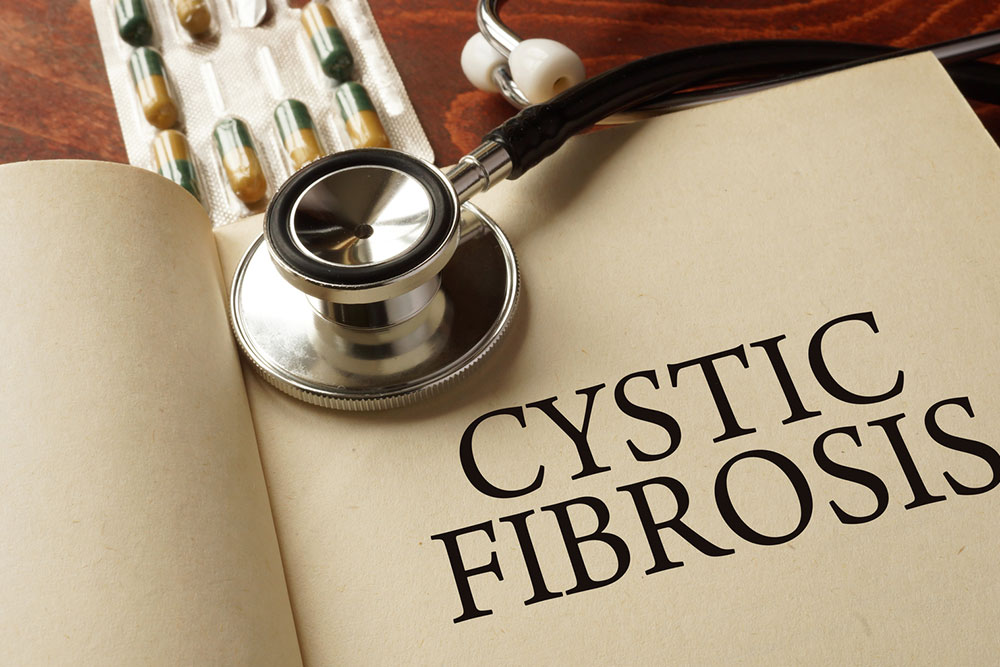
An overview of cystic fibrosis
Cystic fibrosis is a genetic disorder which affects almost a thousand people in the country every year. Due to this genetic disease, a person may face a high risk of severe damage to the lungs and other body organs. Normally, the mucus, sweat, and other digestive fluids secreted by the body are thin and slippery. These body fluids help in ensuring that the body systems function smoothly. But when a person develops cystic fibrosis, these body fluids become thick and glue-like. They may obstruct the passages, tubes, and ducts in the body.
Causes of cystic fibrosis
Cystic fibrosis is not a communicable disease. It can be caused due to a change in the gene called the cystic fibrosis transmembrane conductance regulator (CFTR). This defect in the gene can cause a change in the CFTR protein, which helps in the regulation of salt in the cells. Due to this, the body fluids may become thick. Additionally, it increases the salt content in the sweat. If a person inherits only one mutated copy of the faulty gene, then they will become carriers of the disease and will not exhibit any symptoms of this condition. When a person inherits a mutated copy from both the parents, they will show symptoms of this disease.
Symptoms of cystic fibrosis
There are various symptoms a person can observe if they suffer from cystic fibrosis.
- When patients suffer from cystic fibrosis, they may experience that their skin tastes salty.
- They may also exhibit signs of a constant cough problem with the issue of phlegm sometimes.
- They may experience certain types of lung infections like bronchitis or pneumonia at frequent intervals.
- Shortness of breath may occur sometimes if a person has cystic fibrosis.
- Weight gain or poor growth could also be common symptoms of this disorder
- Some people experience difficulty in bowel movements with recurrent bulky and greasy stools.
- In some males, there will be a problem of infertility due to this disorder.
Treatment of cystic fibrosis
The symptoms of cystic fibrosis differ with every individual, and so, the treatment of this disorder will also vary according to the severity. While the line of action remains the same, the intensity of the treatment depends on the condition of the patient. There are three therapies provided to people with cystic fibrosis that they should complete daily. It is necessary for people with cystic fibrosis to clear their airways. They need to undertake some clearance techniques with the help of their family members to loosen up the thick mucus formed in the passage to the lungs. These techniques will help the patient breathe better. They can also utilize some inhalable medicines for this purpose. These liquid medicines can be inhaled through a nebulizer. They can also use pancreatic enzyme supplement capsules for improving the absorption of vital nutrients.


